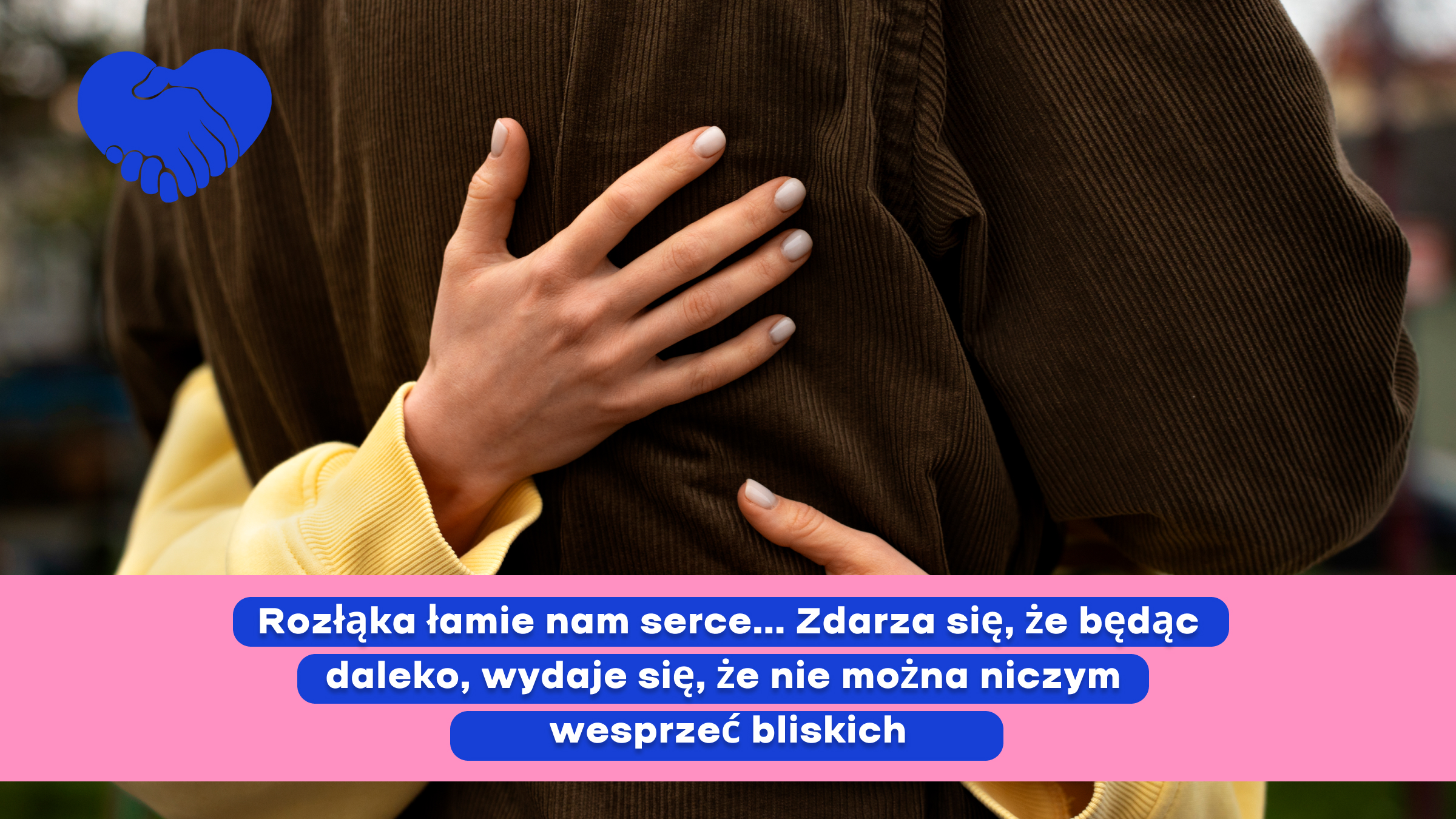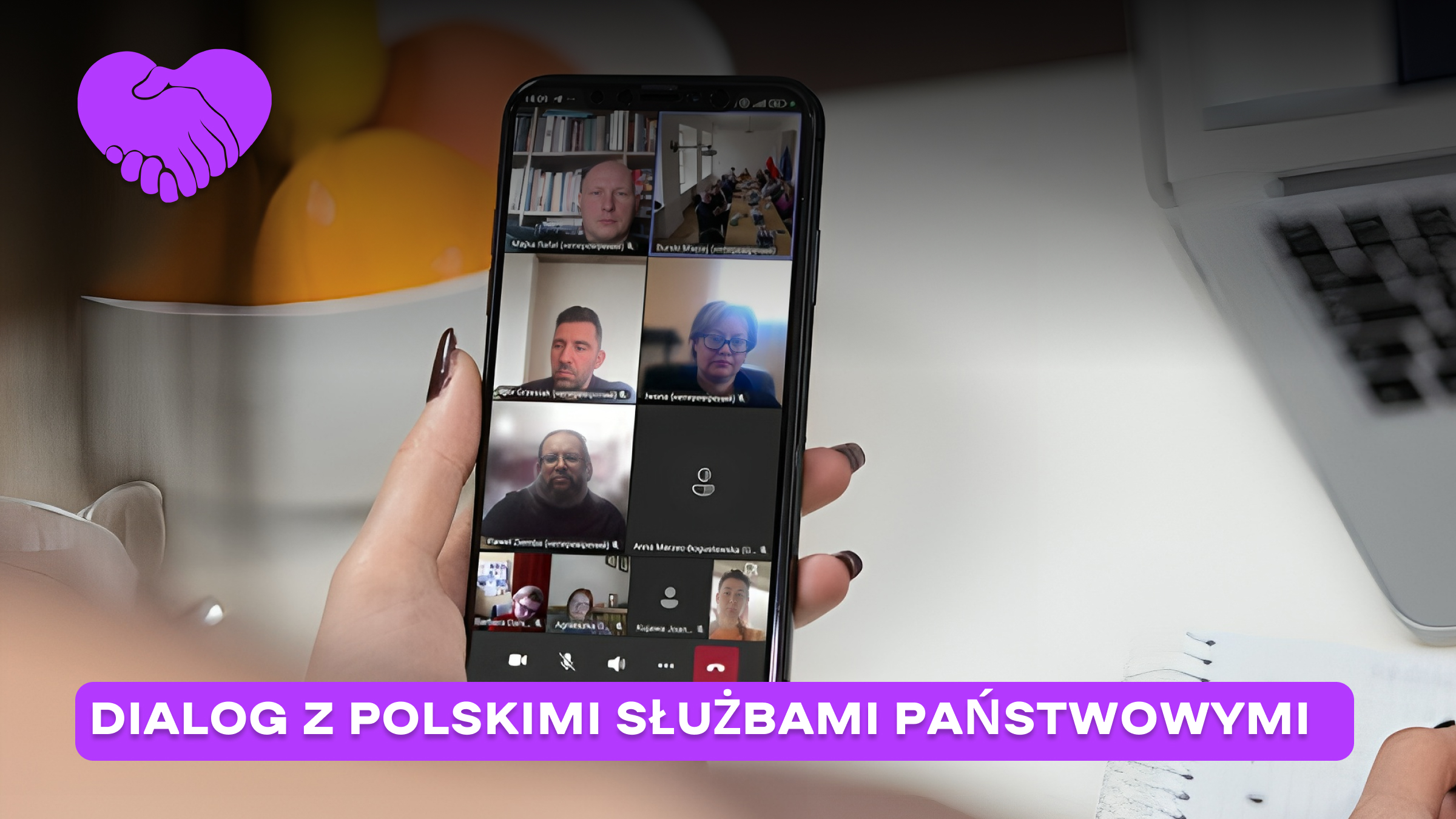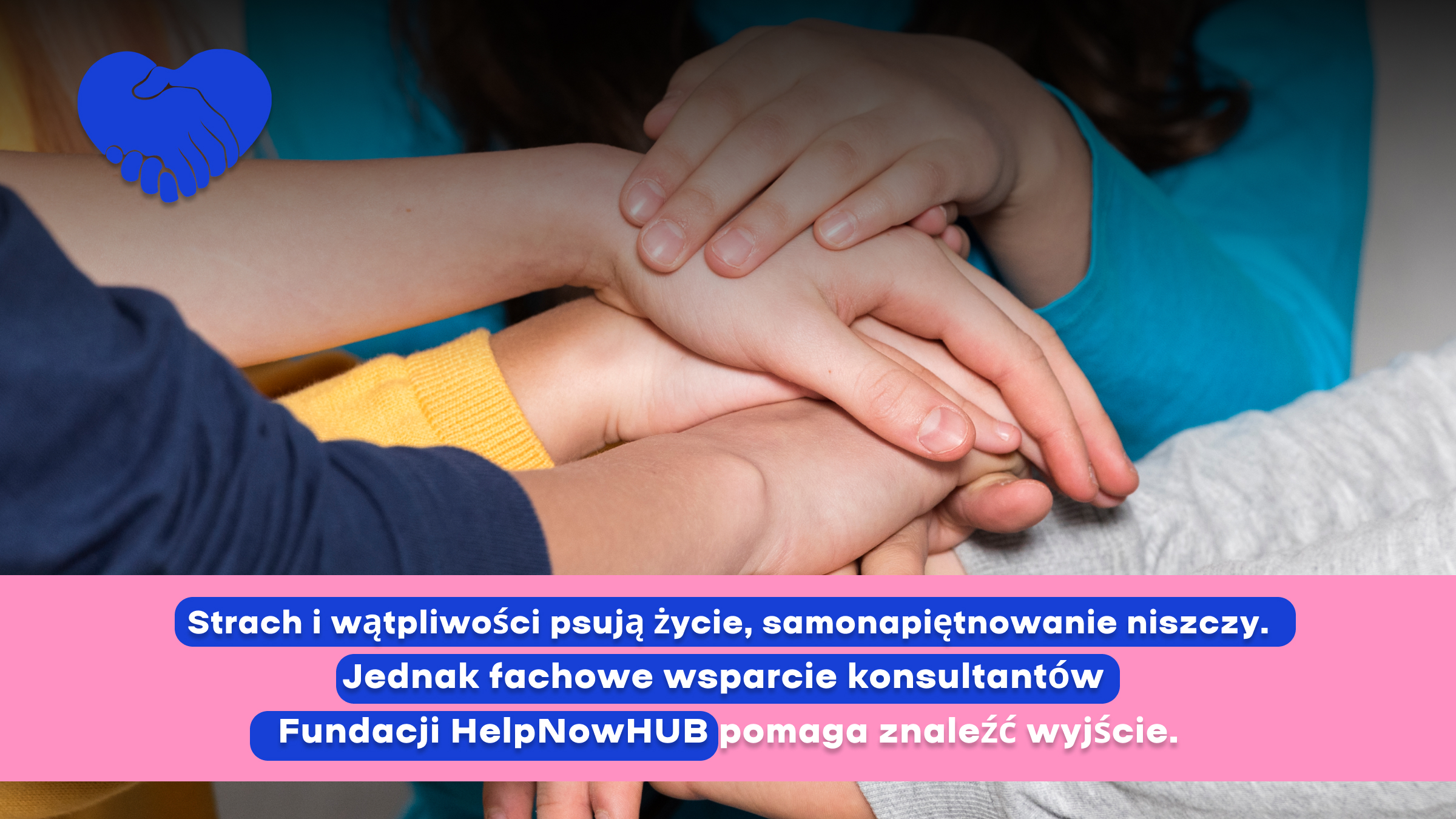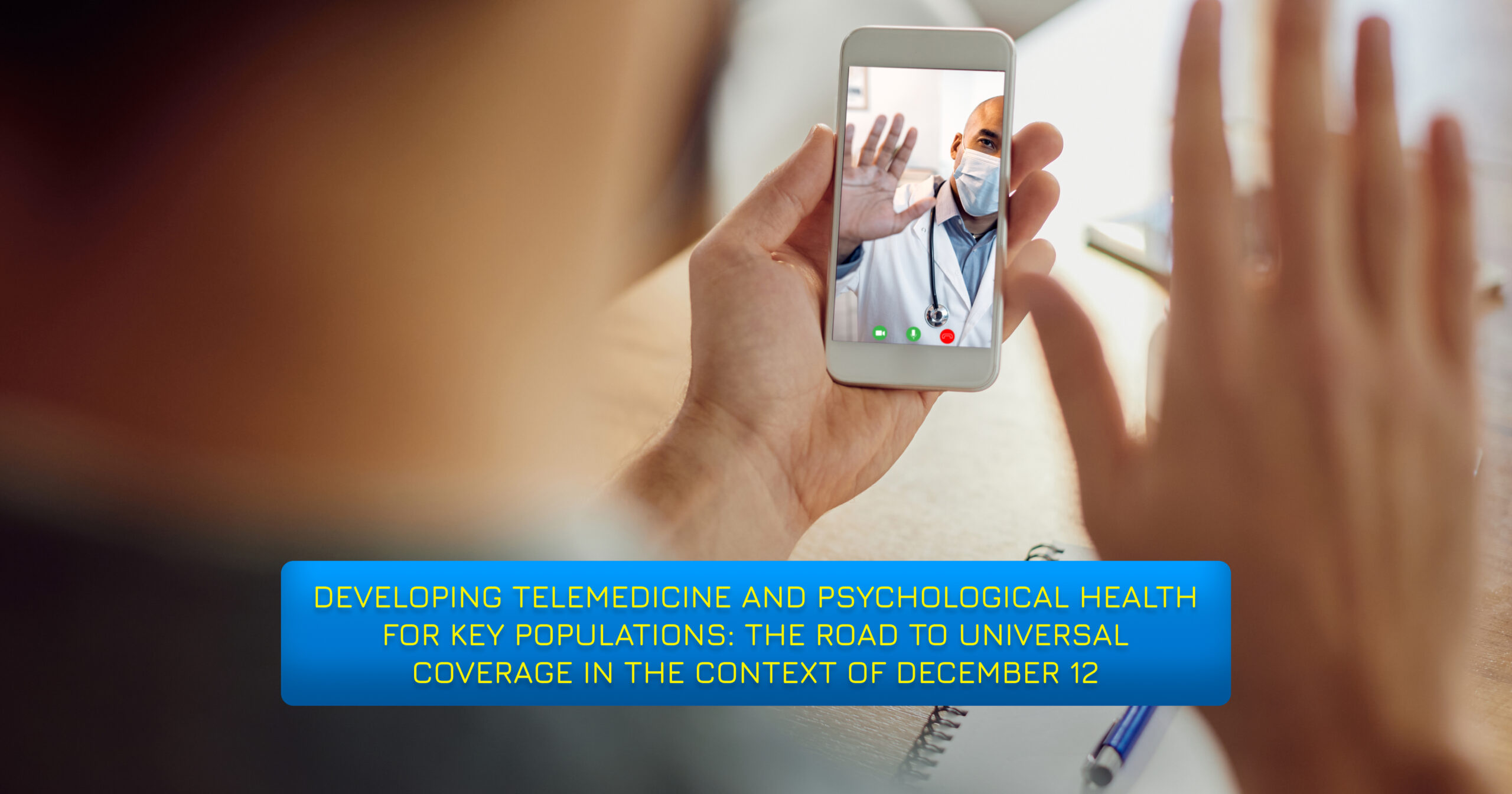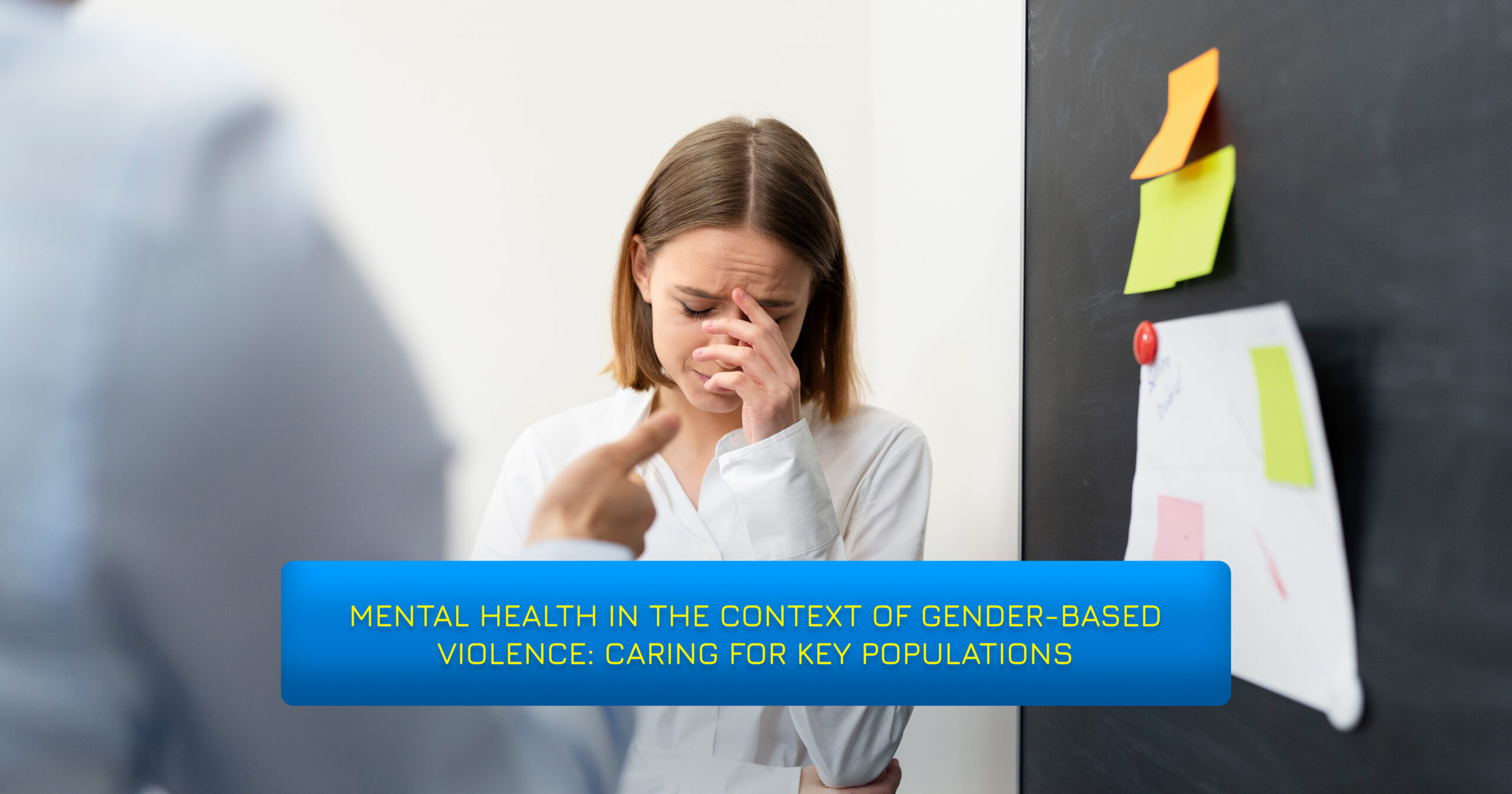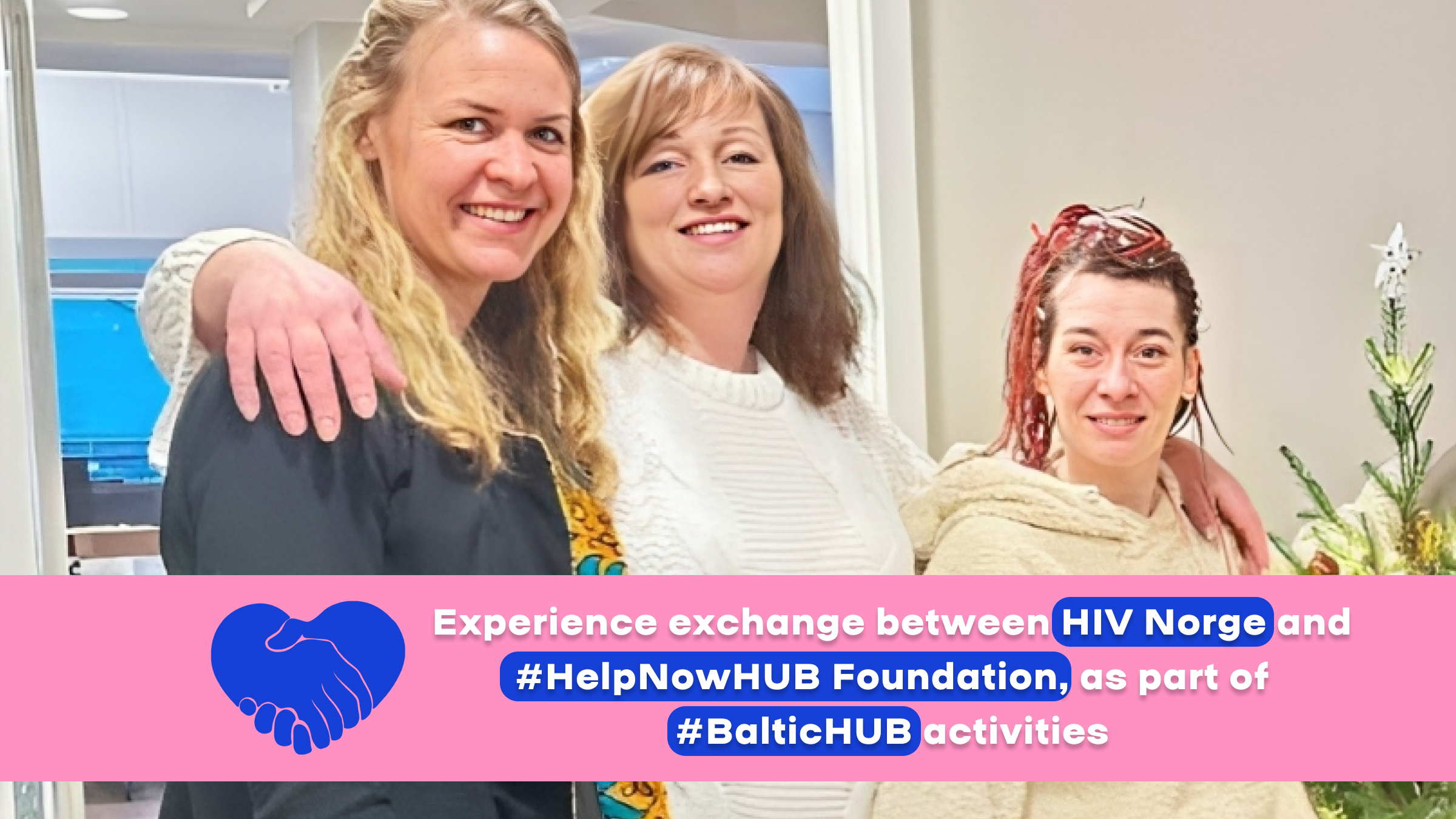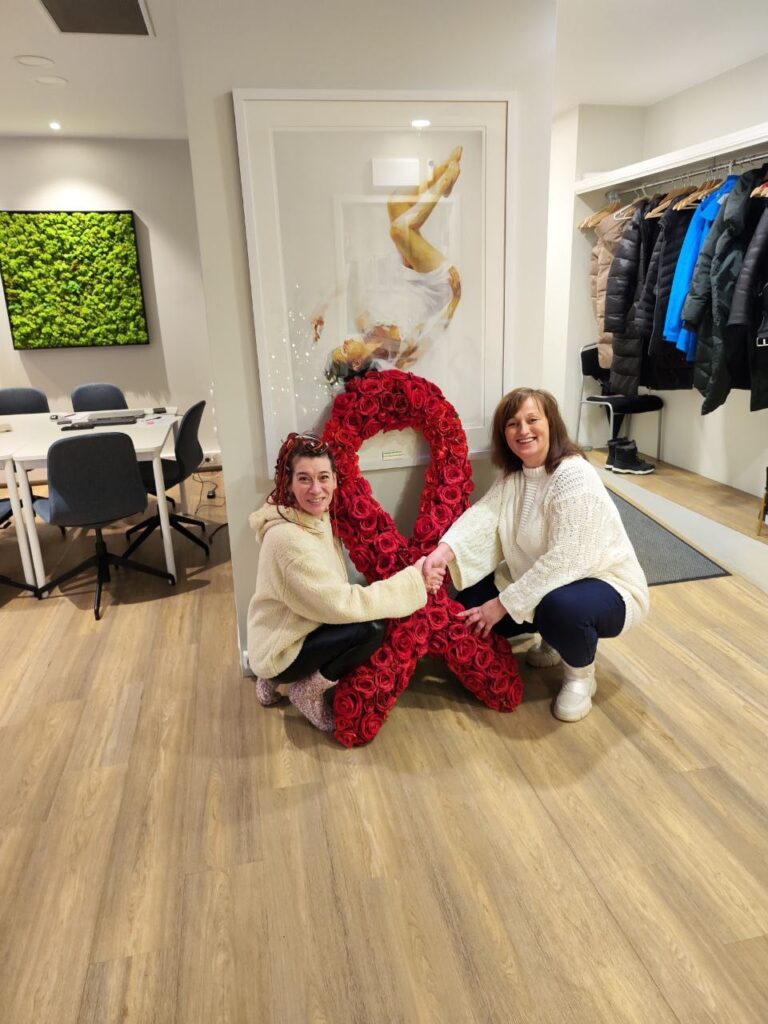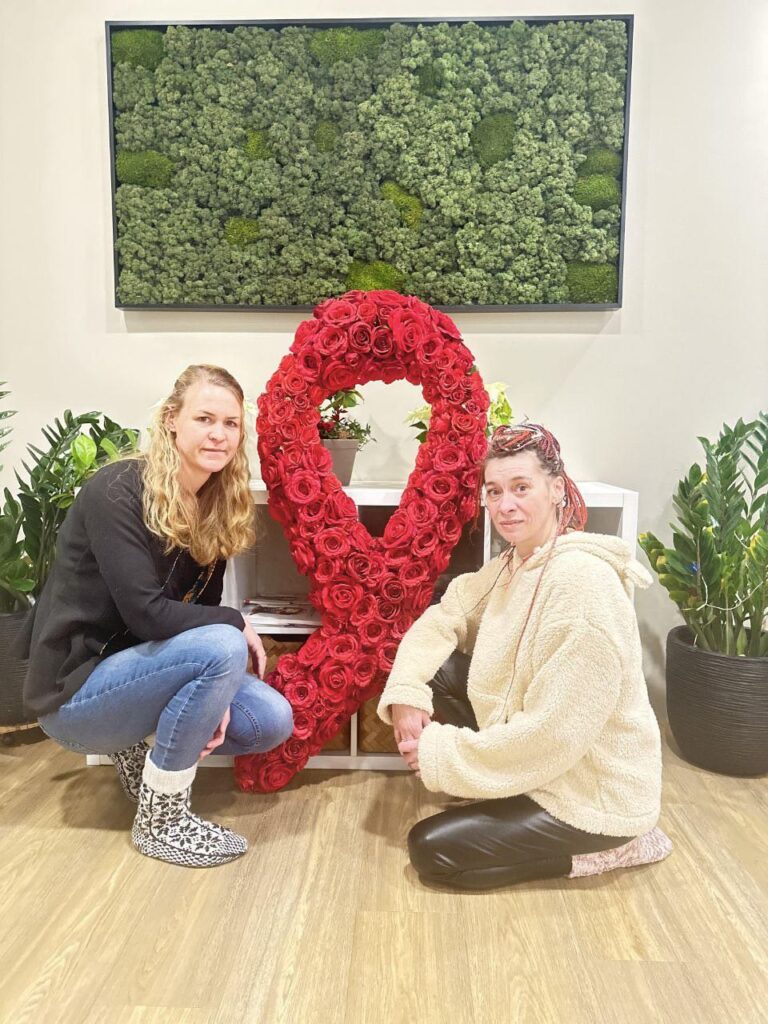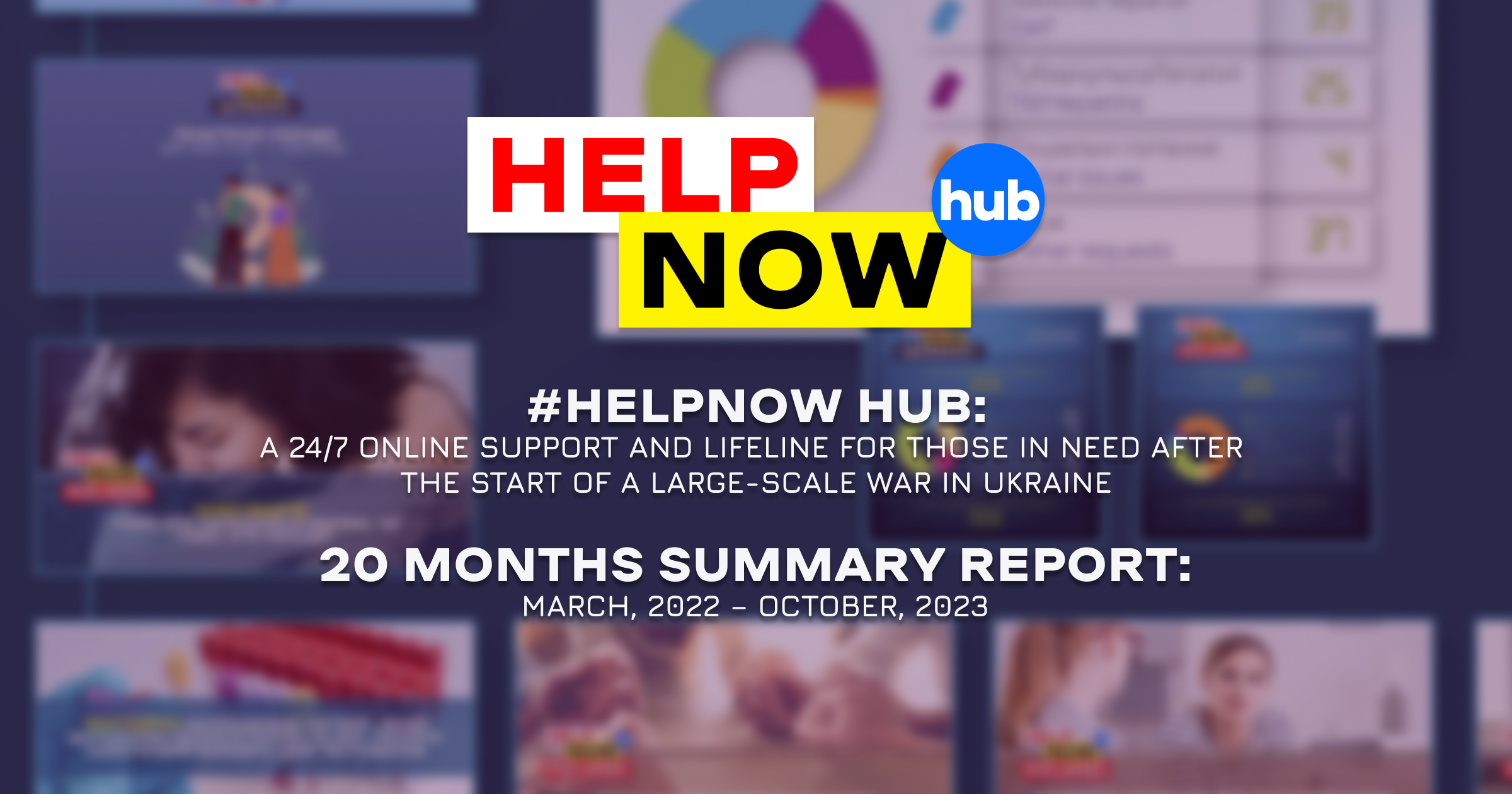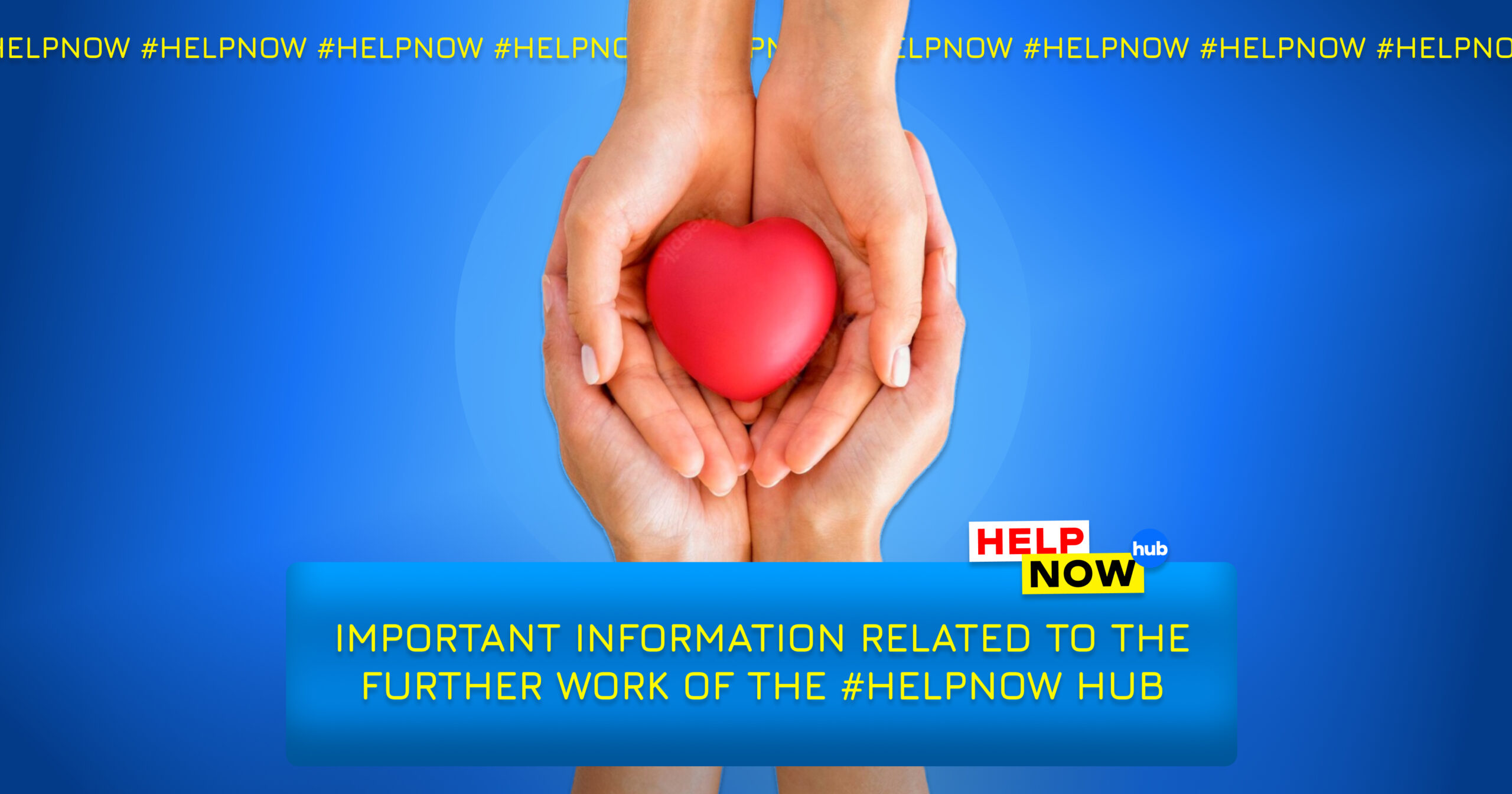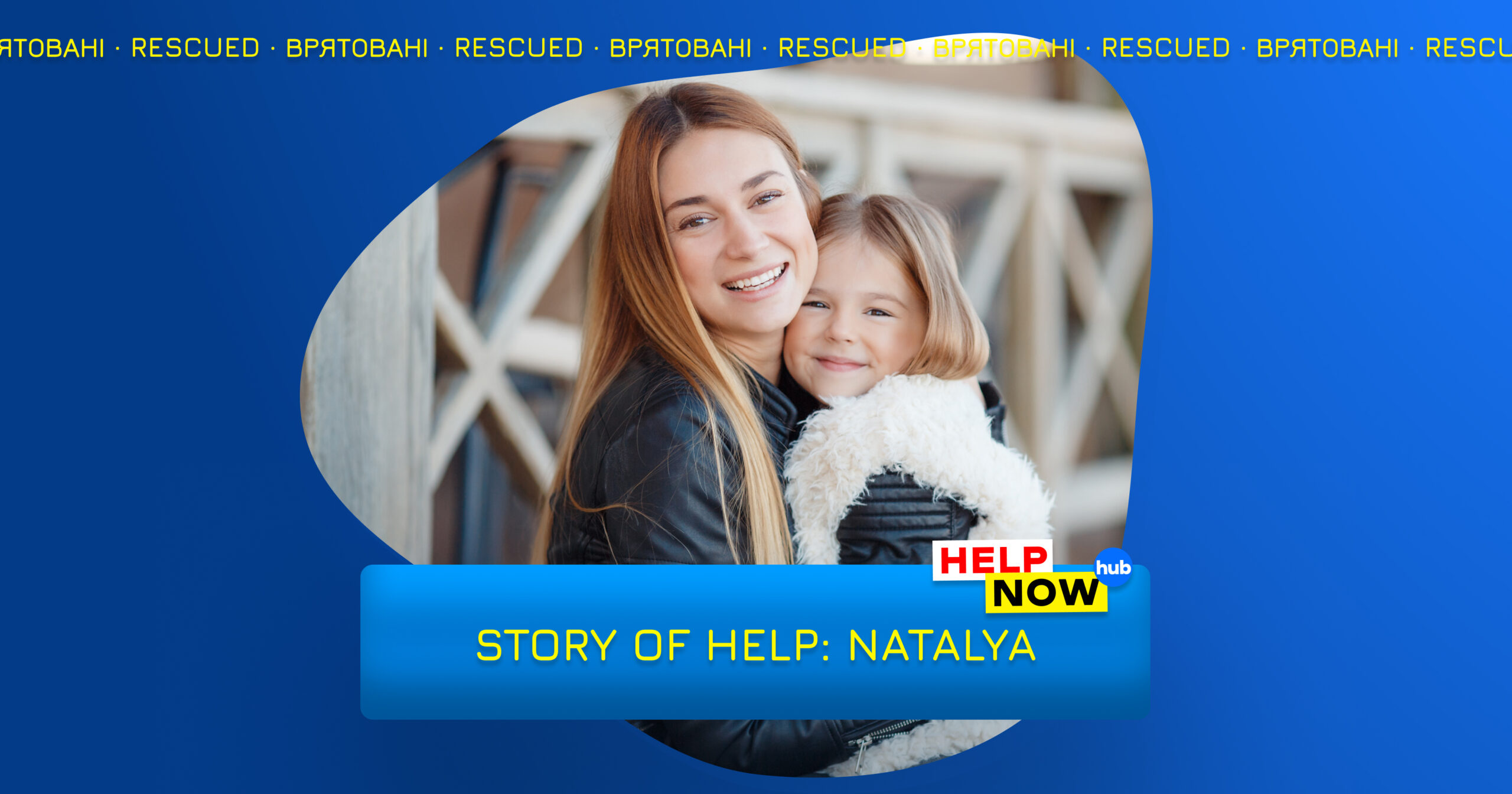The UN High-Level Meeting on Universal Health Coverage, held on September 21, 2023, reaffirmed that healthy people are the foundation of healthy societies and economies and that universal health coverage (UHC) is key to achieving all of the Sustainable Development Goals (SDGs). And yet:
– Half of the world’s population lacks access to basic health services.
– An estimated 2 billion people face financial hardship related to health care costs, including 344 million people living in extreme poverty.
– Since the launch of the SDGs in 2015 – even before the COVID-19 pandemic – the expansion of health coverage has stalled and financial protection has deteriorated. The pandemic further set countries back on the path to universal health coverage. It also showed why UHC is so important.
December 12 stands out as Universal Health Coverage Day, emphasizing the importance of equitable access to health services. In light of this event, telemedicine services, as well as, psychological health services for key populations, such as people living with HIV, also become particularly important.
Telemedicine services for patients from key populations have become a key tool for maintaining regular medical follow-up. The World Health Organization reports that over 60% of countries have provided telemedicine consultations for people living with HIV (PLHIV) in the past year. For example, in the United States, where telemedicine is growing rapidly, over 70% of the PLHIV community used virtual counseling in 2022, reducing the need for regular face-to-face visits. In some African countries, such as South Africa and Kenya, telemedicine services are becoming an important tool for ensuring the continuity of HIV treatment.
The development of psychological health services through telemedicine is coming to the forefront given the growing need for support. According to the World Federation for Mental Health, more than 40% of countries have implemented telepsychiatric programs in 2022 alone.
In the Eastern Europe and Central Asia region, where access to mental health care has traditionally been limited, Kazakhstan and Kyrgyzstan have successfully implemented telepsychiatry projects, providing mental health support for various groups, including people with HIV. In Ukraine, telemedicine services are also actively developing. According to reports from Ukrainian health authorities, in 2022, more than 50% of patients with HIV have used online counseling. This includes psychiatric programs, which become extremely important in the context of social and economic challenges.
Civic organizations are actively promoting telemedicine and psychological support for representatives of key groups in the region. Their work is aimed at educating the population on the use of technology and helping to eliminate social stigma around HIV and mental disorders.Universal coverage is not only a medical standard but also a demonstration of care for every person in the world. Each of us has different health needs. But everyone needs quality health care. Always and everywhere. And the development of telemedicine and psychological health services for vulnerable groups plays an important role in achieving universal health coverage.

